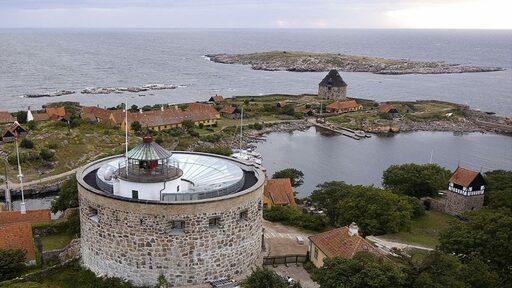On the blast - Erika Solomon in NYT:
‘Russian and Danish naval vessels that disappear in the Baltic Sea, days before an underwater pipeline blast. A German charter yacht with traces of explosives, and a crew with forged passports. Blurry photographs of a mysterious object found near a single surviving pipeline strand.
These are the latest clues in the hunt to reveal who, last Sept. 26, blew up most of the Kremlin-backed Nord Stream pipelines, some 260 feet below the Baltic Sea, that were once the largest supplier of Europe’s natural gas.’
(…)
‘Nowhere is the tension felt more strongly than among the 98 residents of Denmark’s Christianso — an island so tiny, you can walk across it in 10 minutes. Living just 12 nautical miles away from the blast site, everyone from the herring pickler to the inn chef sees skies and waters filled with foreboding.
“Before the blast, no one talked about Nord Stream. I didn’t even know how close we were until it happened,” said Soren Thiim Andersen, governor of Christianso. “Afterward, we all felt exposed. We were all wondering: What really just happened here?”’
(…)
‘Yet one pipeline expert and a professional diver who was part of the team that laid the Nord Stream 2 pipelines last year disagreed. Both the expert and the diver, who works regularly in the Baltic Sea, insisted a small plastic explosive could do the job, as long as it was placed near a seam of the pipeline. They asked not to be identified because they were speaking without authorization from Nord Stream.
“It is like lighting a match next to a leaking gasoline pump — the gas is all you need,” said one diver.’
(…)
‘Privately, Swedish, German, and Danish officials argued that investigators have reasons not to share findings, which can reveal their intelligence capabilities. Allies have also grown wary after a string of Russian espionage and infiltration cases in Europe — including one within Germany’s spy agency.
Nor may it be in anyone’s interest to share: Naming a culprit could set off unintended consequences.
Claiming Russia was behind the attack would mean it had successfully sabotaged major critical infrastructure in Western Europe’s backyard, and could spark demands for a response.
Blaming Ukrainian operatives could stoke internal debate in Europe about support for their eastern neighbor.
And naming a Western nation or operatives could trigger deep mistrust when the West is struggling to maintain a united front.’
Read the article here.
Whoever did it, there is vast interest to not reveal the culprit.
Also, countries don’t want reveal their findings in order to protect their methods and their sources.
That this was done without the secret permission of a state actor seems to me highly unlikely.
And Christianso will be a popular holiday destination soon.
